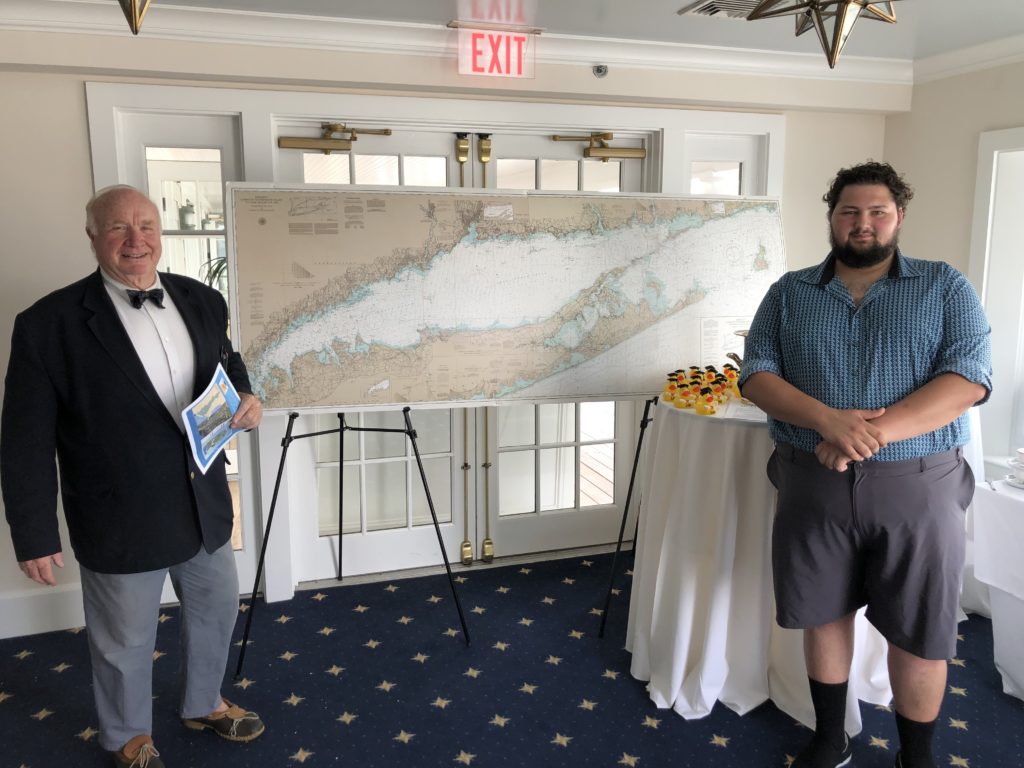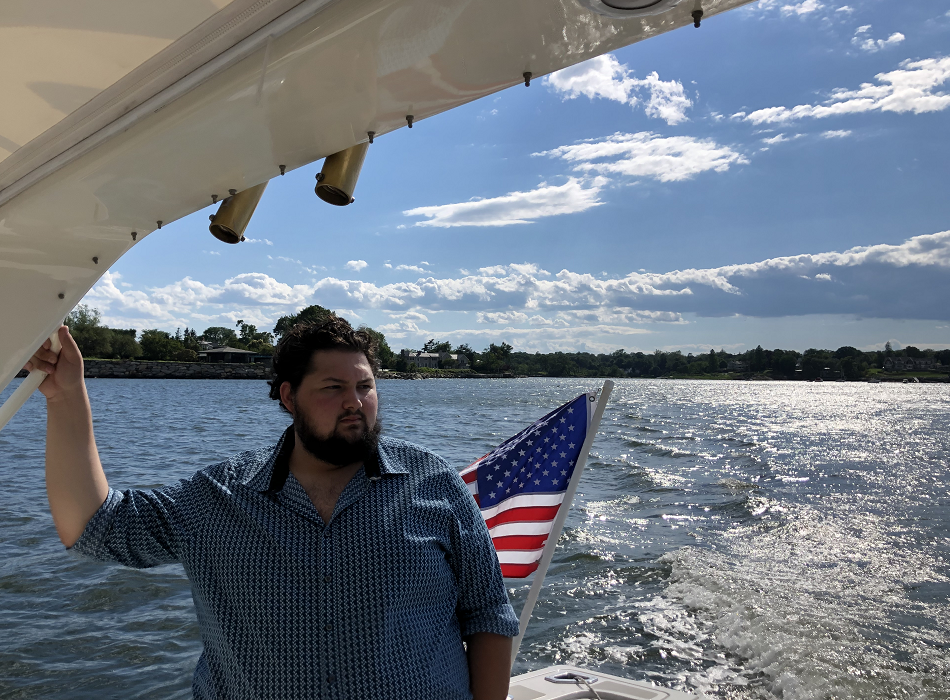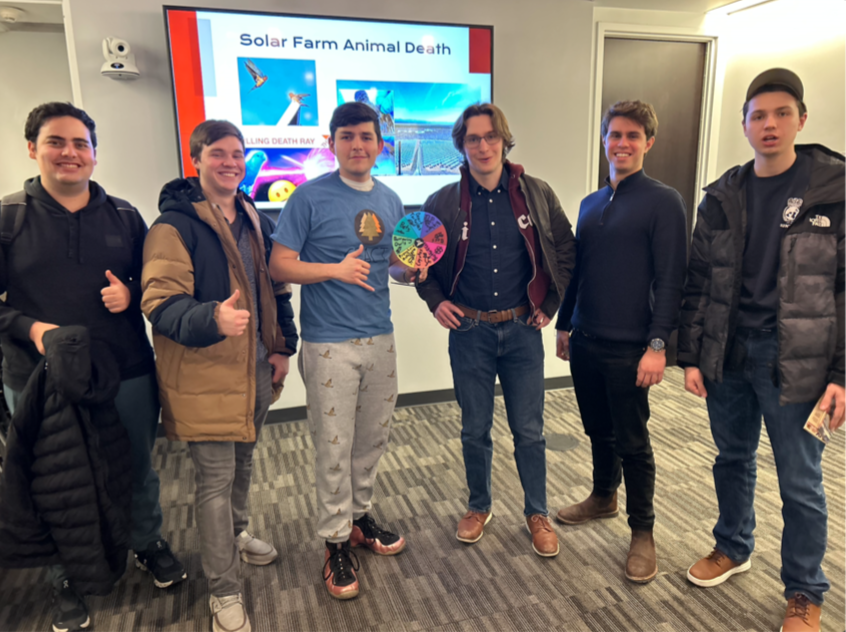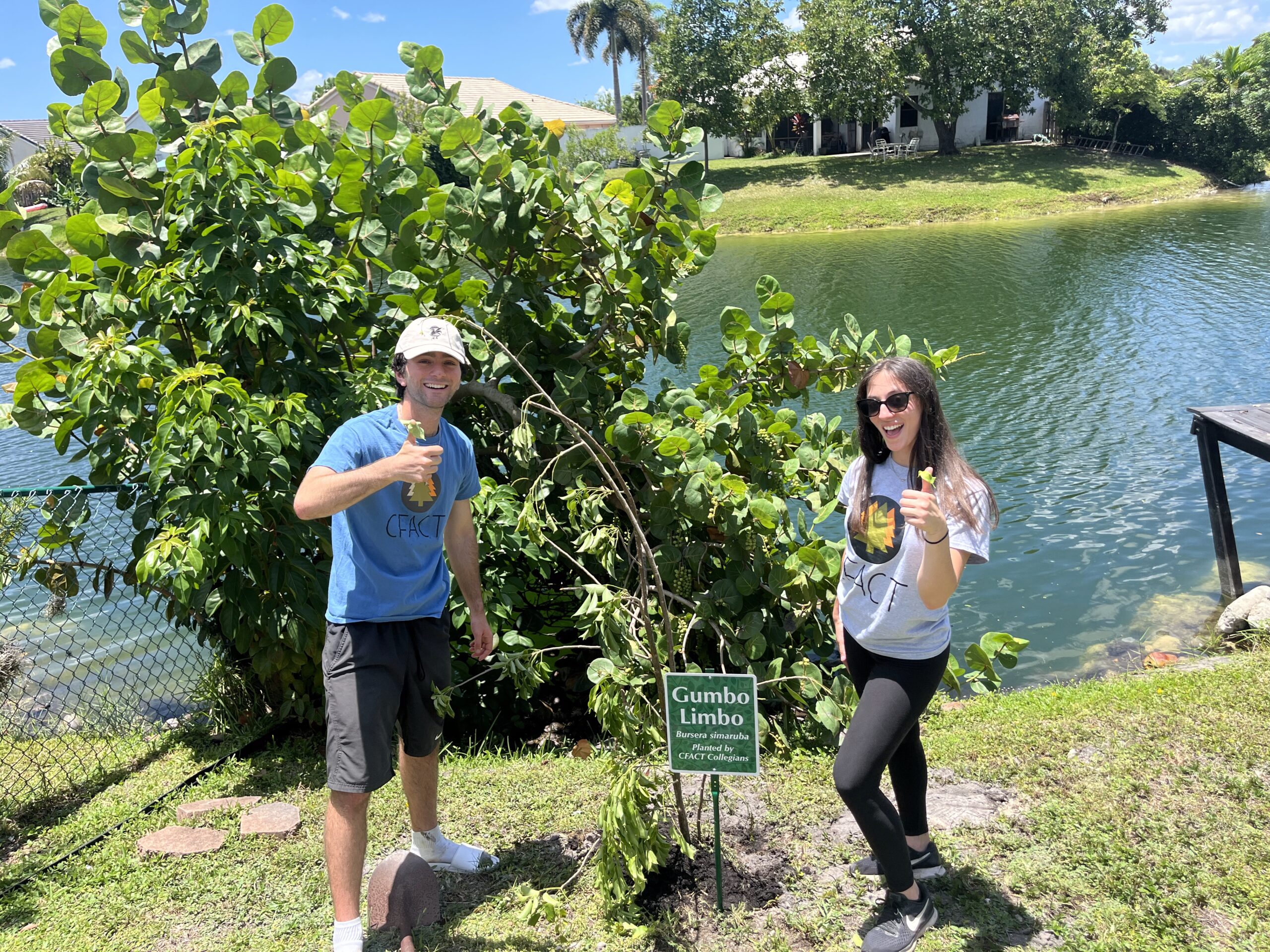The Long Island Sound is famous for its beautiful views and the swanky homes that populate its shores.
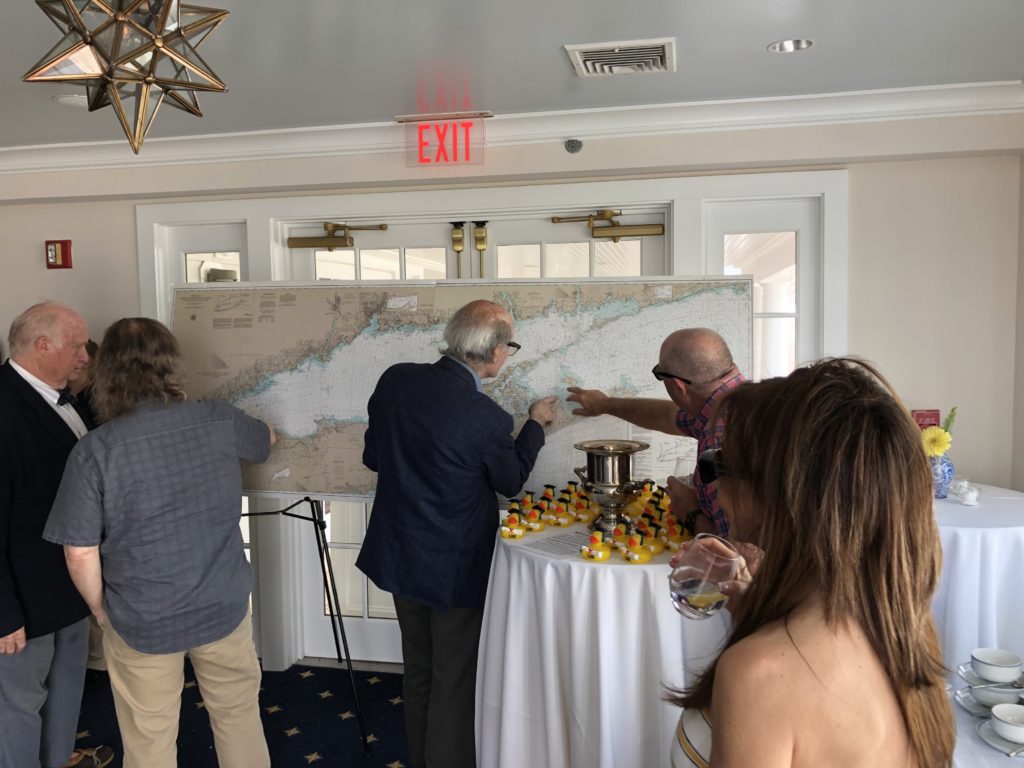
But what is less known about the body of water in between Connecticut and Long Island is that it is facing some very serious environmental problems.
Kevin Schaeffer, CFACT’s Driessen Fellow at the University of Hartford in Connecticut, as well as Collegians staff, attended an engagement meeting on the subject to meet interested stakeholders that could help with the situation.
Kevin and the attendees also got the opportunity to go on a boat tour of the Sound to gain a first hand perspective of what needed to be done.
“It was very interesting learning about the environmental problems facing the Long Island Sound,” said Kevin. “I really appreciated the opportunity to tour the area on the boat to get a first-hand view of what’s at stake. I’m excited to try to help any way we can.”

“The entire 23 square mile watershed of the Byram River drains through an area of 4 feet deep and half the size of a tennis court,” explained Peter Alexander, a local resident who is trying to raise awareness of the issue through meetings like this one. “Modern roads and drainage pipe systems create rapid siltation that clogs rivers and streams.”
In other words, there is a lot of water that comes through a very small drainage area, which can frequently cause floods, clogs, and a plethora of environmental problems as a result. Local management of roads and drainage has not helped. When storms like Superstorm Sandy hit, it can create a horrible situation for local communities.
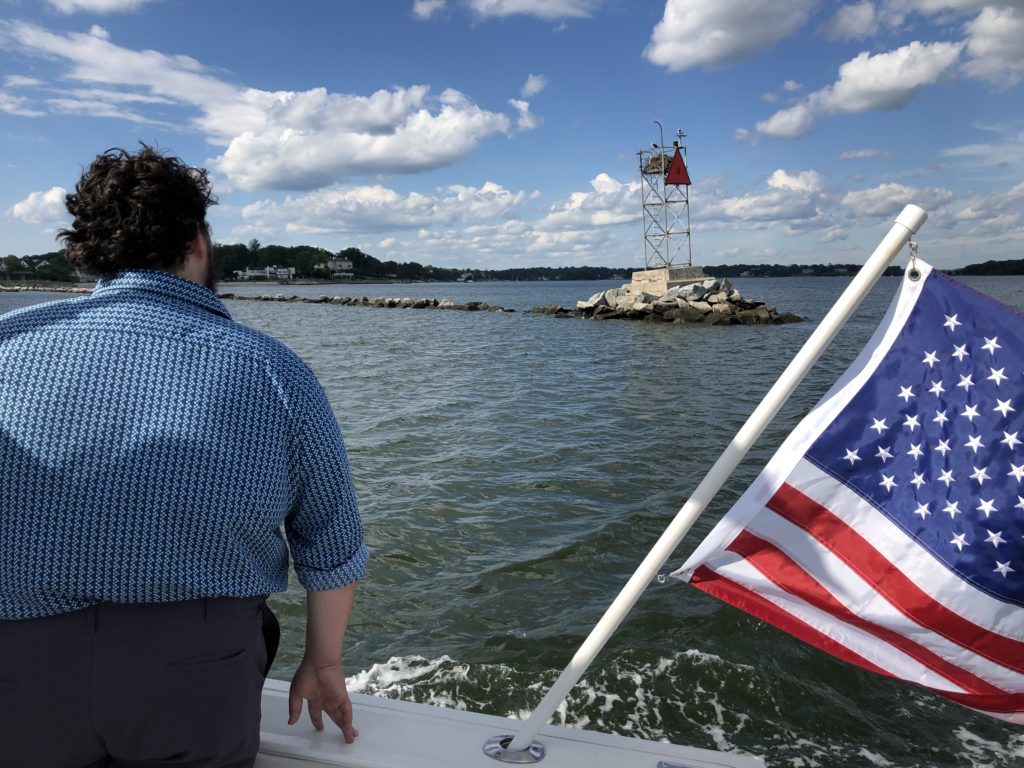
“Modern dredging techniques could easily be used to protect Old Greenwich from Sandy like events,” Mr. Alexander explained further.
Additionally, Peter Alexander is trying to raise awareness for the prospect of designating many of the small islands that are in the Sound either as a National Park, or to be managed through another local body. This would ensure much better management of the area by establishing a clear line of responsibility for environmental care.
CFACT promotes conservation, which is the proper management of wildlife and lands through human ingenuity and care. CFACT Collegians will continue to work with these stakeholders to ensure these lands and waters are both open for the public to enjoy, but also properly cared for.
